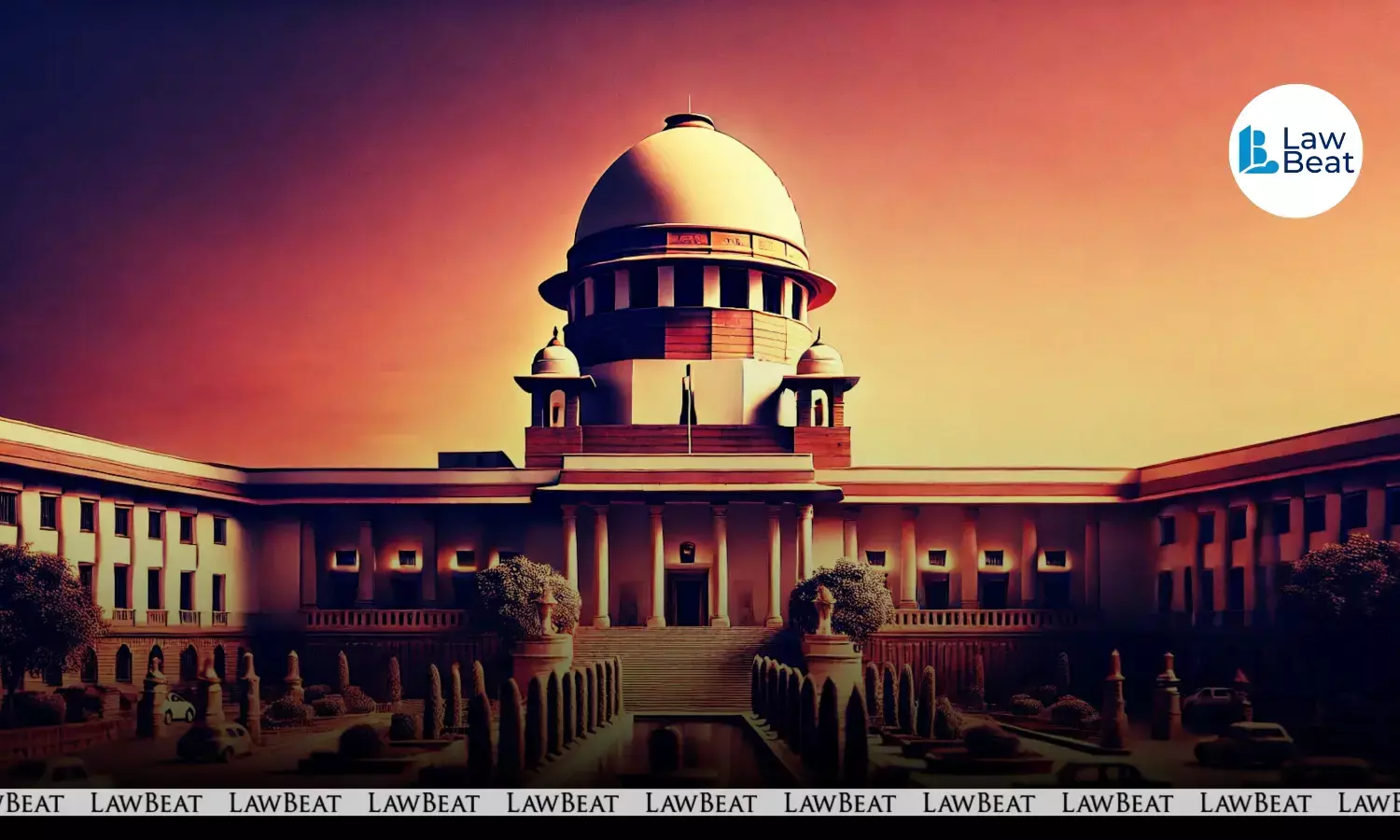PIL in Supreme Court Seeks Overhaul of Collegium System, Calls for Transparent, Law-Based Judge Appointments

PIL by NGO Janshruti (People's voice) challenges the Collegium system, seeks transparent and accountable reforms in judicial appointments
A public interest litigation has been filed by NGO Janshruti (People's voice) in the Supreme Court under Article 32 of the Constitution, seeking urgent reforms in the process of appointing judges to the higher judiciary.
The petitioner has called for replacing the existing Collegium system with a transparent, objective, and criteria-based selection mechanism having constitutional or statutory backing.
The petition has been filed through AoR Sadhana Sandhu and Advocate Nikhil Kumar Sharma.
The plea contends that the Collegium system, evolved through the Second Judges Case (1993) and the Third Judges Case (1998); lacks transparency, accountability, objectivity, and diversity. It argues that the system, in effect, allows “judges to appoint judges” and has no constitutional or legislative sanction.
Citing the constitutional provisions under Articles 124, 217, and 222, the petitioner submits that the framers of the Constitution envisaged a balanced consultative process for judicial appointments, wherein the President would make appointments in consultation with the Chief Justice of India and, where applicable, the Chief Justice of the concerned High Court. The framers deliberately used the term “consultation” instead of “concurrence,” rejecting any form of judicial monopoly, the plea notes.
Referring to the Constituent Assembly Debates of 1949, the petition stresses that both executive dominance and judicial monopoly were consciously rejected. However, judicial interpretation in later years, particularly through the Second and Third Judges Cases, upset this constitutional balance and gave rise to the Collegium system.
The petitioner has cited several former judges who have criticized the system. Justice Ruma Pal (Retd.) described it as “the best-kept secret in this country,” Justice J. Chelameswar called it “opaque and inconsistent,” and Justice Markandey Katju urged a reconsideration of the Second Judges Case by an 11-judge bench, noting that “nowhere in the world do judges appoint judges.”
The plea also refers to the Fourth Judges Case (2015), wherein the Supreme Court struck down the 99th Constitutional Amendment and the National Judicial Appointments Commission (NJAC) Act but acknowledged flaws in the Collegium and promised reforms through a revised Memorandum of Procedure (MoP). However, it points out that even after nearly a decade, no meaningful reform has been implemented.
The petitioner argues that judicial independence cannot be equated with judicial monopoly and that a reformed process, transparent, data-driven, and accountable, is essential to restore public faith and constitutional balance. Comparative models from the United Kingdom, the United States, and South Africa have been cited to illustrate more transparent and accountable appointment mechanisms involving statutory commissions and parliamentary oversight.
The PIL urges the Supreme Court to evolve a transparent and law-backed system for judicial appointments that preserves judicial independence while ensuring accountability and public confidence.
Case Title: Janshruti (People's voice) v. Union of India
Bench: Supreme Court of India (hearing expected)
